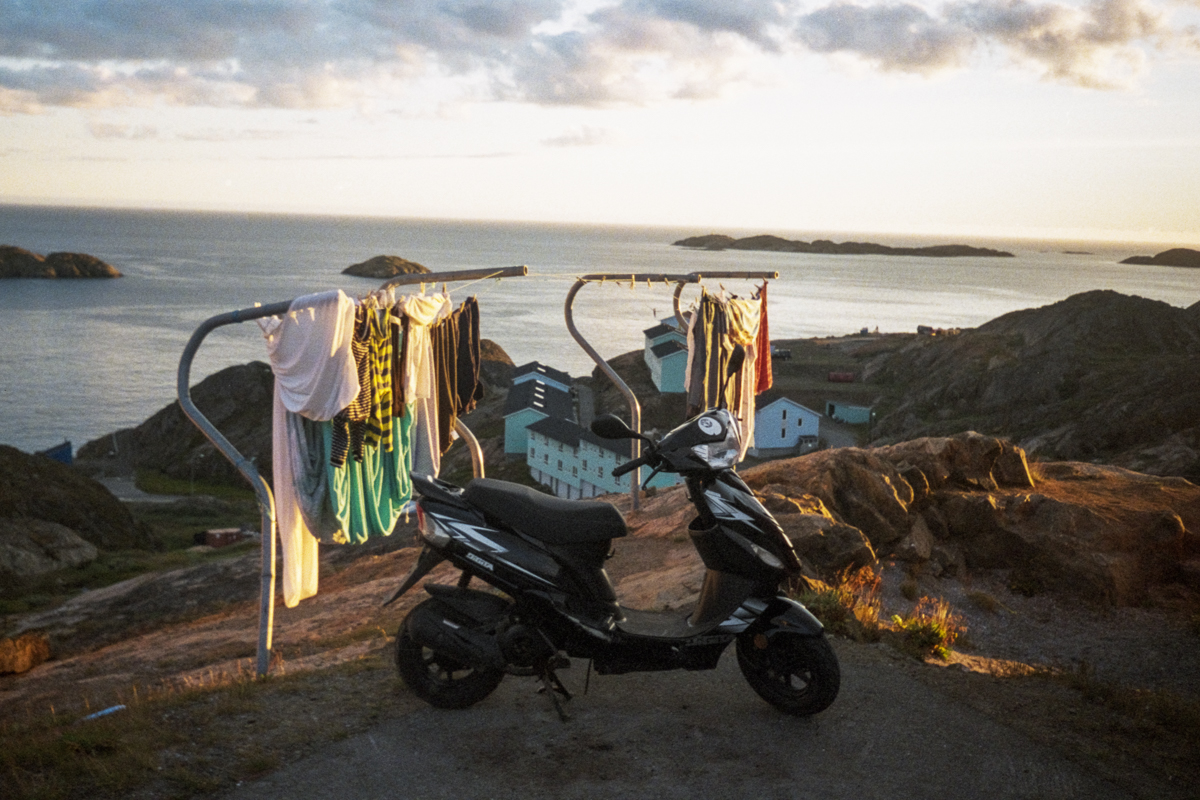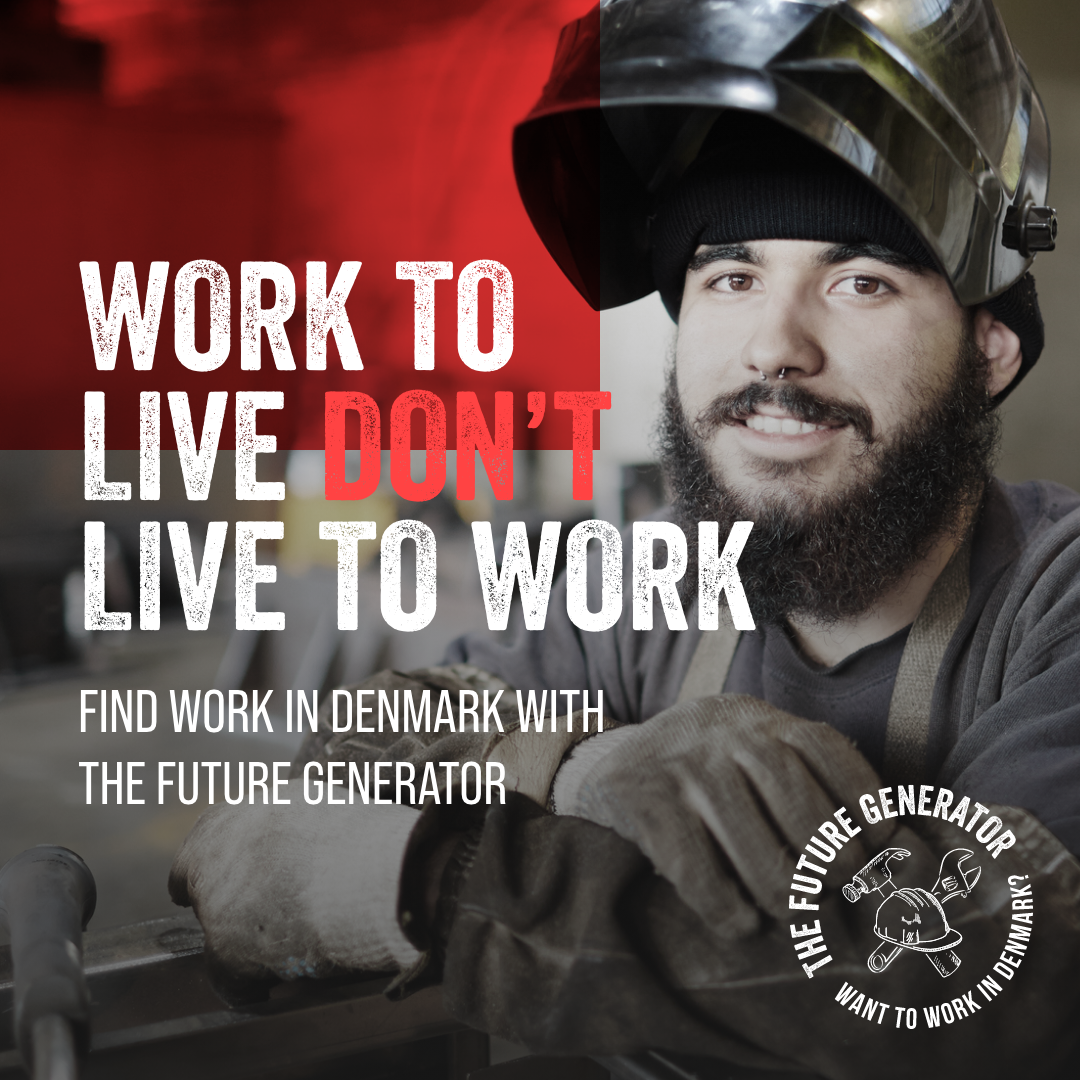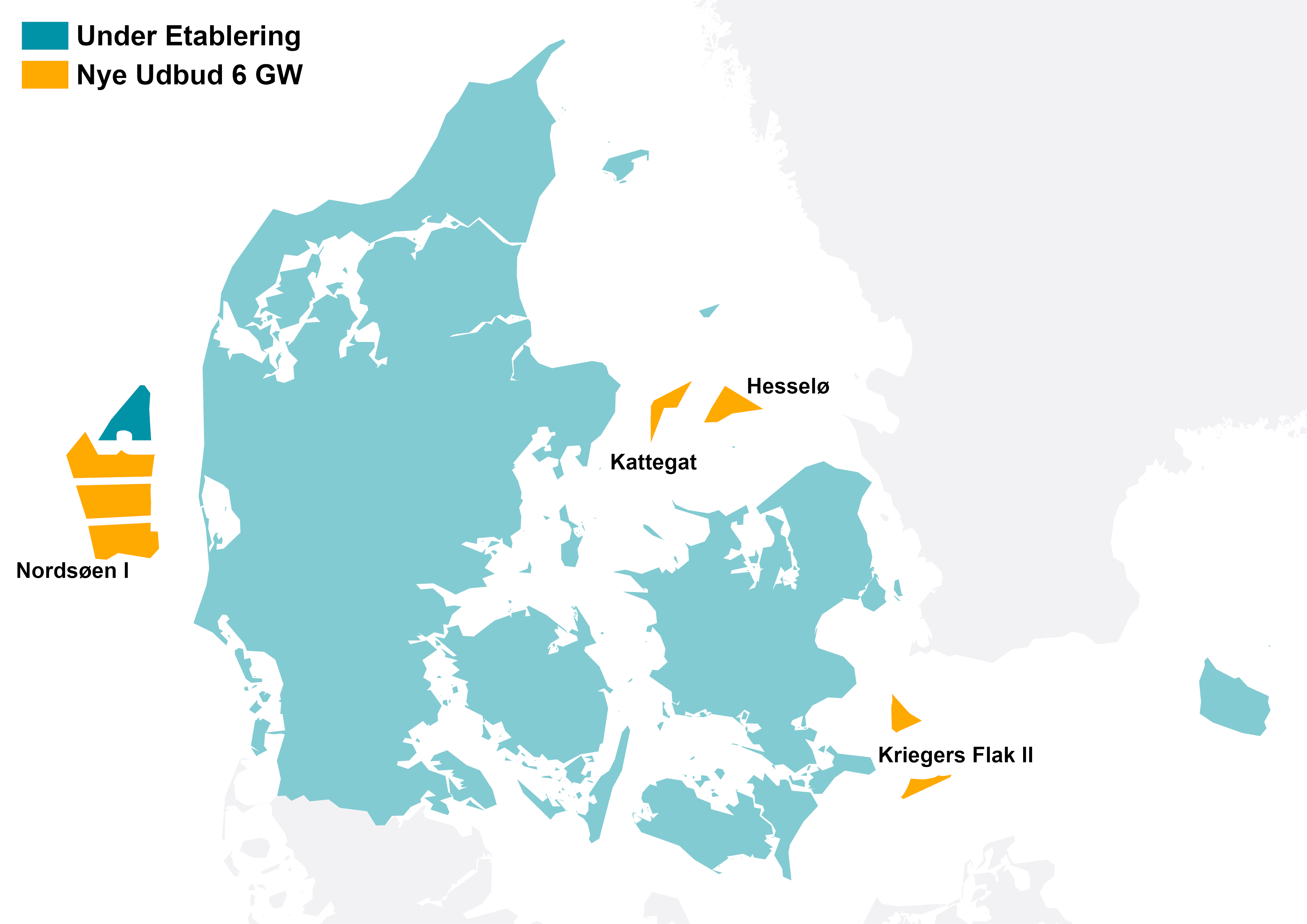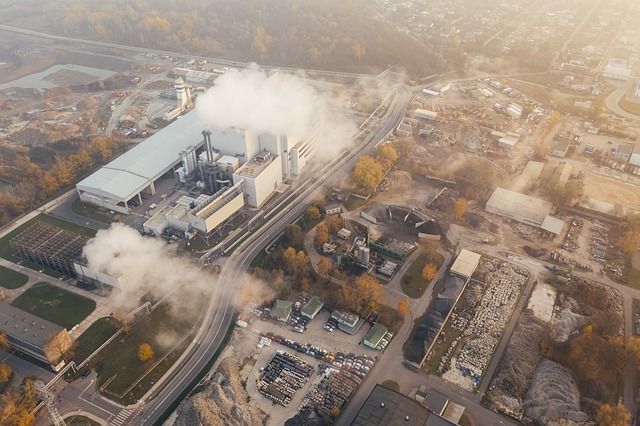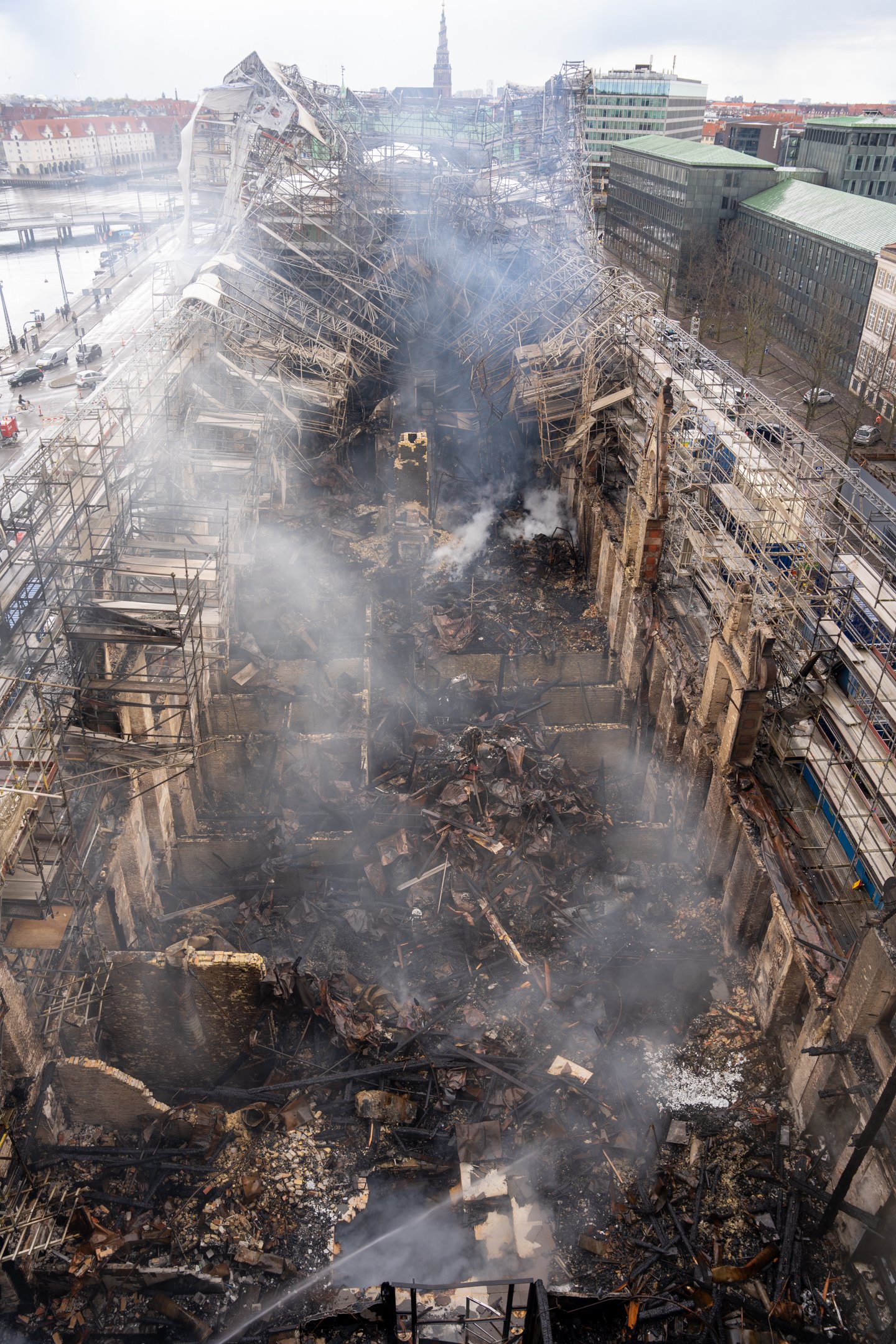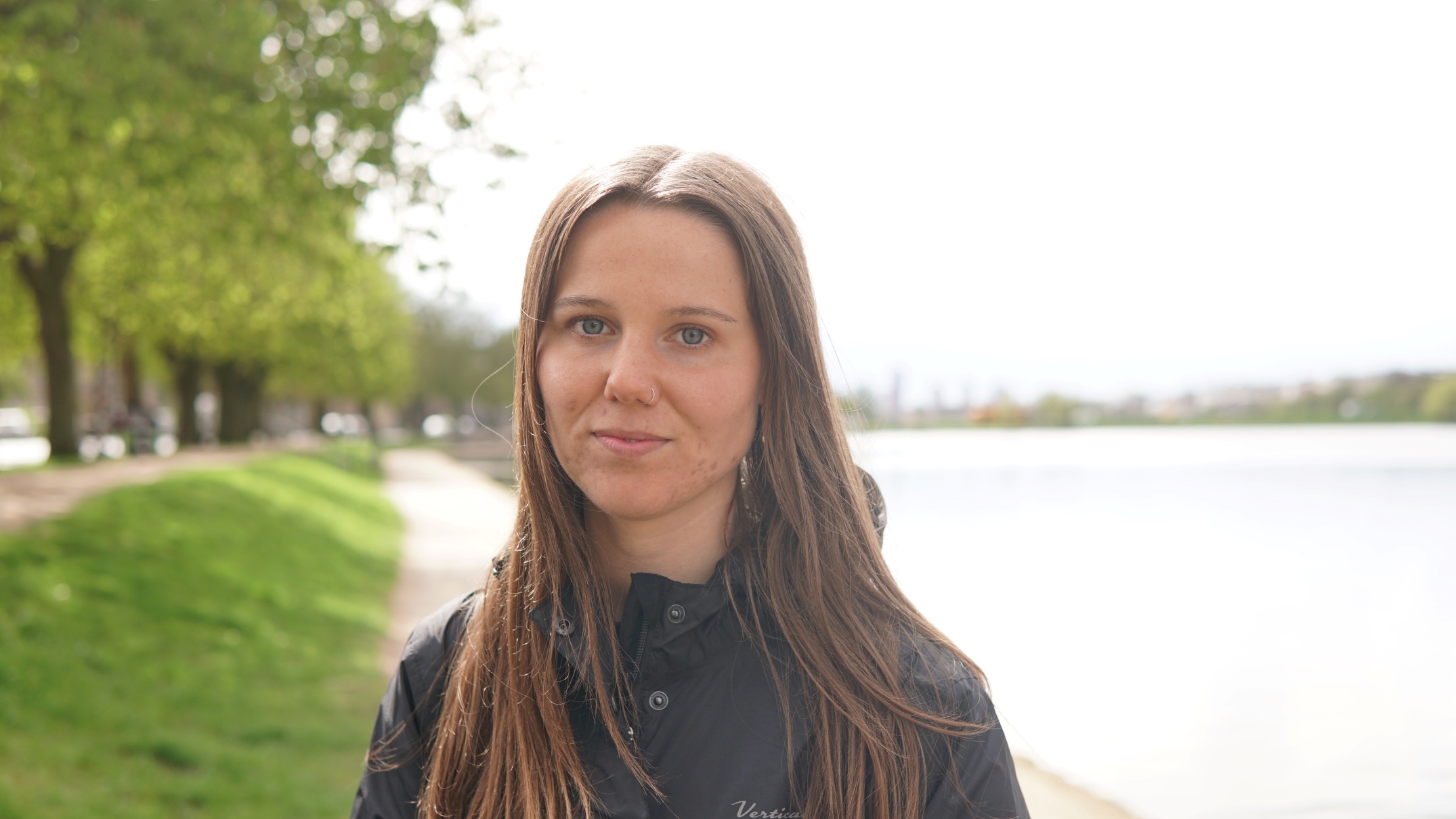Having worked as a lawyer for a large French law firm for more than 20 years, French ambassador to Denmark, François Zimeray, is certainly familiar with international economic realities.
Zimray has always been an activist at heart. Back in 1989, he was elected as the youngest mayor for a municipality with more than 20,000 inhabitants. Even then, green issues were important to him and he founded the first association of green mayors, publishing a book in 1994 on mayors and the legal protection of the environment.
From 1999-2004 he was a member of the European Parliament, and he has sat on committees for defence and international affairs.
Before being appointed French ambassador in 2013, for more than five years, François Zimeray was human rights ambassador for the French foreign ministry, where he often found himself in the world’s hotspots.
With his interest in architecture, he feels comfortable with Denmark, Danish design and the Danish way of life. An avid sailor, he has even crossed the Atlantic.
Ambassador, could you briefly describe the relationship between France and Denmark? I know that France has a long history of diplomatic ties with Denmark, but how did this co-operation start?
Seen from Paris, Denmark is an exception – it’s nearly the only country in Europe with which we’ve never been at war! In fact that’s not strictly true; we have been at war and we still are – together against others. There has been a long history of military alliance – in fact some say there has been 1,000 years of military alliance between the French and Danes. So put simply, we have excellent relations with Denmark. And if we are together on the battlefield, it’s not coincidental. It’s because we face the same enemies; we face the same enemies because we share the same values. They target us for the same reason.
We have a lot in common with Denmark, but I do think that in today’s world, the countries are like friends – like friends, but in competition. What we have is two major brands, two small countries and two great peoples, in terms of welfare state, the art of living …
I was going to ask you next what the major trading ties are between Denmark and France. Obviously, I know that food and wine are imported and that France is one of the leading tourist destinations for Danes …
Yes, that’s true, but this is a part of my roadmap because it’s rather a cliché that I try to combat. Of course we produce good food and have attractive tourist destinations – we have magnificent landscapes and museums – but France also builds planes and rockets and is a top technology nation. In fact, we’ve invented planes, helicopters and cars. We’ve also invented bicycles, so we are a technological country. The new Erasmus generation has been empowering companies – making France more international then ever – and this changes the picture of France. I do think that we should be more visible in the field of technology, where we have excellent companies and workers.
Right. And what does France import from Denmark?
Denmark has great brands, and of course, when thinking about Denmark, one immediately thinks of design. This is a part not only of the market, but also of the pattern of thinking that we import – the values we import. When we buy Danish design, it’s not only furniture, it’s not only a tribute paid to designers and industry, it’s also importing ‘hygge’ – values. But apart from that, Denmark is represented in several fields; pharmaceuticals, industrial items in general, high-tech. Danish products are very much appreciated because they combine quality and design – and also respect … respect for the environment, respect for the materials, respect for the customers …
Well I’d like to jump to something you said a little earlier about the fact that nowadays, France has a new generation – the Erasmus generation – which are more outward-looking and as everybody knows, it seems as if at the present time we’re seeing a rise in populist movements in several countries in Europe. We’ve seen this in the UK with Brexit. I was also wondering if someone like Marine le Pen comes to power in France, what sort of influence will it have?
Firstly, in my position I cannot comment on the candidates. I think that Brexit is a very sad moment, but it also brings opportunities – unfortunately! I think that Brexit plus the new US president makes us feel more European than ever. What Brexit reveals is that we have an EU – we have a European institution – but that people need to define themselves more as Europeans. This is a challenge: how to create this feeling of belonging to a civilization that has no equivalent. The values of Europe are very different to those prevailing in the US, even though we are friends and allies with the Americans. What makes the way of life in Europe and especially Denmark unique is moderation and balance. I’ll give you a concrete example. In the US, money is often seen as one of the major indexes of success – the major positive index is the bottom line. Here, people value the fact that they leave work at 4 pm to enjoy time with friends and family, nature, hygge … Our society is based on completely different values. Europe is the only place in the world where one can enjoy this standard of living, this level of security and the welfare state – and freedom.
To turn to something a little more lighthearted, presumably it does no harm that Denmark has a prince consort who is French. Has Prince Henrik been active in cementing cultural ties between the two nations?
Yes, Prince Henrik is an important person in the Danish Royal Family. All the Royal Family speak fluent French and Princess Marie is doing a lot to perpetuate the tradition with elegance and dignity. In fact, there has been French blood in the Danish Royal Family for centuries, so the alliance between our countries at the highest level exists and has lasted a very long time.
The proximity between the French and Danes is often underestimated on both sides. First of all, the physical proximity; few French people realise that Copenhagen is closer to Paris than Rome is. But apart from the geography, there is a proximity of affinity, of mentality.
I know that you have experienced the horrors of terrorism first-hand, and it’s obvious that in these uncertain times, it’s vital that countries co-operate on matters of security and fighting terrorism. What kind of co-operation is there between France and Denmark?
There is excellent co-operation between the two countries in fighting terror. It’s very easy at the highest level – it’s about sharing information and always working together in the field. This is normal because we share the same enemy. We are targeted by the same enemy. What happened in Copenhagen at Krudttønden was a mirror of what happened to Charlie Hebdo – cartoonists, activists and Jews …
Yes, everybody was horrified at the terrible attack on Bataclan. It seems as if France has been targeted more than many other countries. Do you think that there is a reason for that?
Yes of course – because our country places a high value on principles such as women’s rights, freedom of expression, freedom of speech, freedom of conscience. The right to be an atheist, the right to criticise religion – these are all fundamental rights. As we protect these values, we are targeted by those who are intolerant. But we will never apologise for women’s rights, we will never apologise for freedom of conscience and expression, and we will not concede anything to these Islamic fascists.
I was actually thinking that you could argue that the UK shares a lot of these values too …
Yes, no-one is safe. Britain has opted for a kind of multi-community society. We don’t think that societies should be based on communities, but on individuals. I do think that the notion of a person – an individual – is today especially in danger, because one of the challenges of our time is that some people want to be seen through the prism of their communities. For centuries, intellectuals, enlightenment figures, fighters for the law have fought to promote the idea that we have similarities beyond our differences. The pinnacle of this idea is the Declaration of Human Rights, which says that whatever the culture or religious attitude, we have the same fundamental rights because we are human beings. There is no religion, no culture that can excuse rape, torture, unfair trial etc. But now, in our society, you have people who promote differences ahead of similarities. This is claimed in the name of so-called ‘cultural rights’. However, I think that true freedom is not to be recognised as a member of a community; true freedom is when the individual is allowed to think against his own community. This is a completely different viewpoint that France has compared to many other countries, including the UK, Canada etc. In our constitution, there is no notion of ‘community’.
How about ‘fraternity’? That means community in a way, doesn’t it?
Yes, but it’s rather the notion that we belong to the same family. There is no fraternity if you think in terms of communities. There is fraternity inside the community but not between communities. We think that all humanity is one community.
That leads me on to the next question. I know that you were appointed France’s ambassador for human rights in 2008. Can you tell me a little about your work in this field?
In this capacity, I’ve had to promote human rights in the French foreign service in Paris, but especially in the field. I’ve been on missions to conflict zones, refugee camps, mass graves, prisons, slums … For several years and on over 100 missions, I’ve been exploring the bottom of the world, but also defending the French position in the UN and also defending prosecuted people. This includes Pussy Riot, Troy Davis in the US who was condemned to death, activists of the Arab Spring, women in the Arab World, homosexuals in Africa and many others. I’ve been defending those people who are extremely courageous, and when I sum up all this experience, I do think we should give top priority to women’s rights and education for girls. This especially applies in Africa, where we see a population boom that is not caused by economic development and welfare, but unfortunately by a lack of women’s education and rights. It goes along with a lot of poverty …
Is this work that you are still engaged in?
It’s a different job because I’m in Denmark now, but I’m still an activist in every fibre of my body. For example, I created the very first French Embassy human rights prize because I think that all human rights work should be encouraged.
It’s obviously important work and I can imagine that it must be quite depressing sometimes …
Yes of course, but it’s also very rewarding.
Finally, what do you see as the biggest challenge facing you as French ambassador?
I think the greatest challenge is to underline how close we are because of the shared values between Denmark and France, and to make what it means to be European appear far more tangible.
That makes perfect sense. Ambassador, thank you for your time.
The interview was first published in the CPH POST Diplomacy magazine, which came out in early March.


